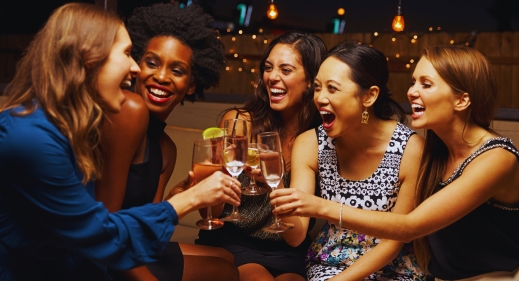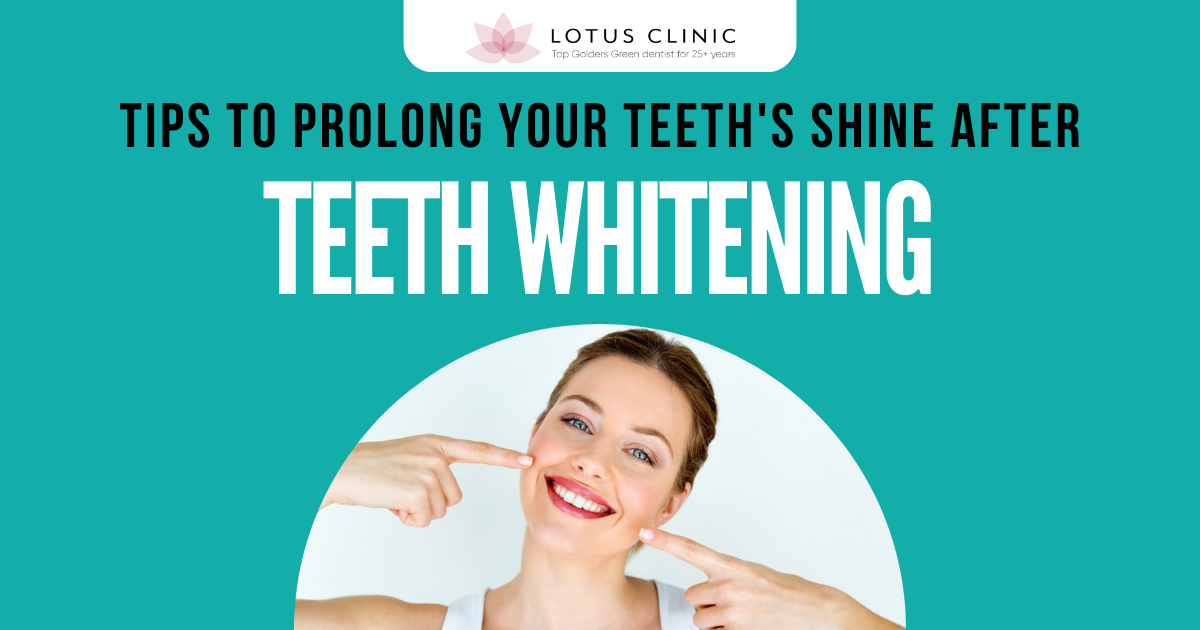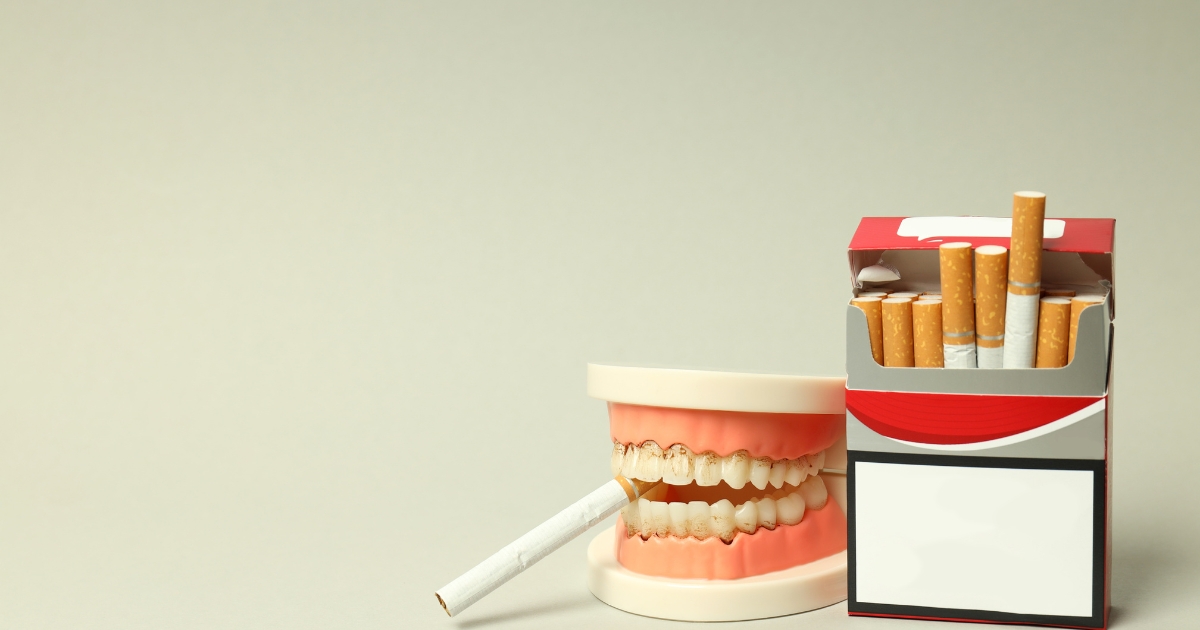943 Finchley Rd, London NW11 7PE
Can I Drink Alcohol After Teeth Whitening?

Your smile now looks brighter. That little bit of extra confidence? Real. But before you raise a glass to toast, there’s one nagging thought: “Can I drink alcohol after teeth whitening?” It’s not just about staining — the chemistry behind what occurs in your mouth once you’ve gotten whitening treatments is more intricate than most specialists admit.
Let’s break it down correctly, without false assurances or vague recommendations.
What Happens To Your Teeth After Whitening?
After whitening, enamel is temporarily porous. This isn’t damage — it’s a natural reaction to whitening agents such as hydrogen peroxide. These agents create tiny channels in the enamel to dislodge deep-set stains. Although this makes your smile look better, it also makes your teeth more susceptible for a brief period — typically 24 to 72 hours.
At this point, pigments from dark beverages, foods, or even acidic foods may penetrate the enamel with greater ease. That is why your dentist might prescribe a ‘white diet’ at this healing stage.
Is Alcohol Safe After Whitening?
Yes — but the response is not quite black and white. Let’s divide the problem into two primary issues:
1. Potential for Staining
Dark alcoholic drinks like red wine, dark beer, or colored cocktails are highest risk. Chromogens — highly pigmented molecules that bind to enamel — are found in these. Brand new whitened teeth are basically sponges to these pigments.
Clear alcohol like gin or vodka? Less prone to stain — but not completely safe if combined with colored syrups or juices.
2. Enamel Sensitivity
Alcohol is acidic and dehydrating. Following teeth whitening, your enamel takes a while to rehydrate and remineralise. Alcohol gets in the way by enhancing oral dryness and reducing saliva production — saliva being essential for enamel protection.
If you’re experiencing tooth sensitivity after treatment, even a small amount of alcohol will feel more potent than normal. That’s your body’s way of saying, “Not yet.”
Don’t Forget The Oral Microbiome
We tend to overlook one hidden issue: the oral microbiome. Not only does alcohol dry out the mouth, but it can also interfere with healthy oral bacteria. Your mouth is a bit more sensitive after whitening. Any imbalance can heighten the risk of irritation, inflammation, or even micro-lesions in the gum tissue.
This isn’t a threat — it’s a science-based approach seldom spoken about. Having a healthy mouth after whitening isn’t purely cosmetic. It’s biological.
It’s Not One-Size-Fits-All
This is what most people get wrong: imposing strict timeframes. You’ll usually read, “Wait 48 hours before alcohol after teeth whitening.” While that’s a good general guideline, it doesn’t apply to everyone.
- If you get in-office whitening, the peroxide level is greater. The recovery time could be longer.
- With at-home trays, the exposure is more gradual. Your enamel can stabilise earlier.
- Pre-existing sensitivity or thin enamel? It’s better to wait longer and use water or milk-based beverages.
Talk to your dental professional if you’re not sure. In some instances, your dentist might recommend fluoride or remineralising products to accelerate recovery and build up enamel.
What If You’ve Already Had a Drink?
Don’t panic. If you’ve accidentally sipped wine or a cocktail within the no-drink window:
- Rinse thoroughly with water (avoid brushing right after as the enamel is still soft).
- Drink plain water to help restore hydration.
- Use a fluoride mouthwash later in the day to aid remineralisation.
It’s not irreversible. But being cautious during the early hours can help preserve your whitening results longer.
Is That Glass Worth It?
Whether it’s a toast or a quiet nightcap, it often becomes tough to say no to a glass of alcohol, even after teeth whitening. But keep this in mind:
- Your whitening results are freshest immediately after treatment. Protecting them in the first 48–72 hours could extend their brightness for months.
- Whitening isn’t cheap. So, treating your smile like an investment — at least short-term — is simply smart.
Know What You’re Sipping
This is not about restraint — it’s about strategy. If you have to drink, choose:
- Clear spirits, with a straw to minimize enamel contact
- Drink water between alcoholic drinks
- Avoid dark beverages, acidic citrus juices, or sugary syrups
And if you’re in London and looking at professional whitening or a top-up, having the right after-care plan is as vital as the treatment itself.







